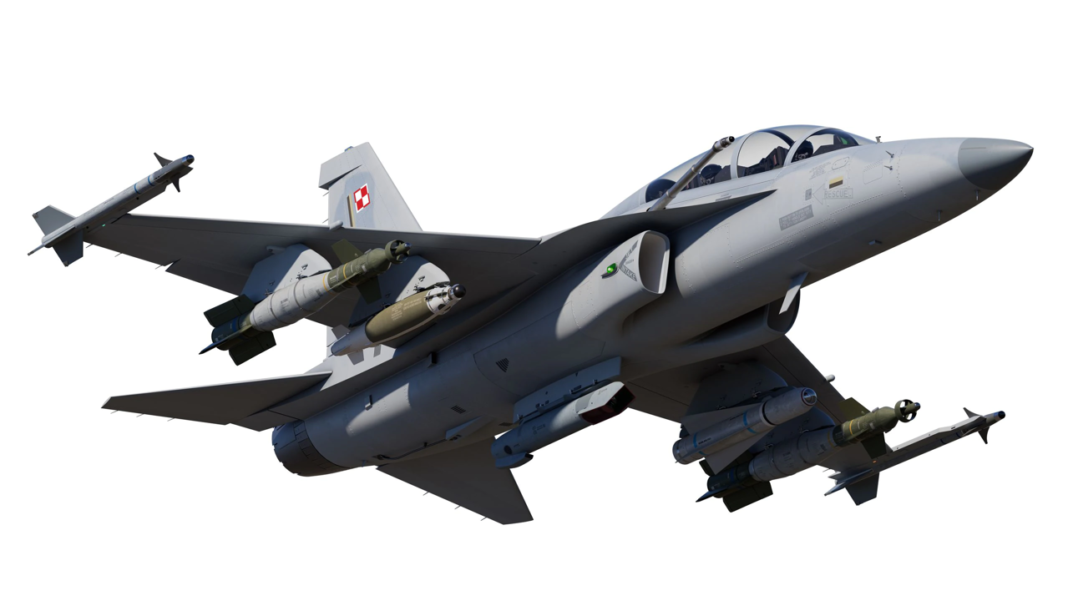The Spanish Airline Pilots Union (Sepla) has announced the call for new days of strike action by Air Europa pilots on 22, 23, 25, 26, 29 and 30 May, as well as on 1 and 2 June. The measure will be carried out at all bases and work centres in Spain.
See also: Iberia Regional pilots announce an indefinite strike
Air Europa pilots strike could extend into summer
In addition, the union warned that the protest «will be extended in the coming months if the company refuses to negotiate a fair agreement». In that case, the Air Europa pilots’ strike could have a strong impact on the company’s schedule right at the peak of the summer season, which is characterised by high passenger traffic growth.
The strike call responds to «the company’s lack of interest in resolving the labour conflict generated by its management by not attending to the legitimate labour and wage demands of the workers after the call for four days of strike action in the first week of May», according to the union.
For Sepla, the company masks productivity as a wage review and forces pilots to cede part of the rights guaranteed by the fourth collective bargaining agreement, currently in force. In this regard, they mention breaches of this agreement during the past summer, especially in relation to the conditions of accommodation and food for the crews.
They had also expressed concern about the outsourcing of services. The situation, they say, will lead to worse working conditions and real wage reductions in the short and medium term.
The company’s position
Air Europa management has previously referred to the possible move as «irresponsible and selfish». The company maintains that its proposals have always been «practically the same» as those requested by the pilots’ representatives.
Among other demands, the union is demanding a recovery of real wages, which they say were reduced as a result of the company’s economic situation and the impact of the pandemic from 2020.
Air Europa was one of the carriers that required assistance from the fund managed by Spain’s State Industrial Ownership Corporation (SEPI) to support strategic companies affected by the situation resulting from the sanitary crisis. The aid, in addition to other loans it received, contributed to increasing its debt: this situation is part of the management’s argument to justify an austere management.







